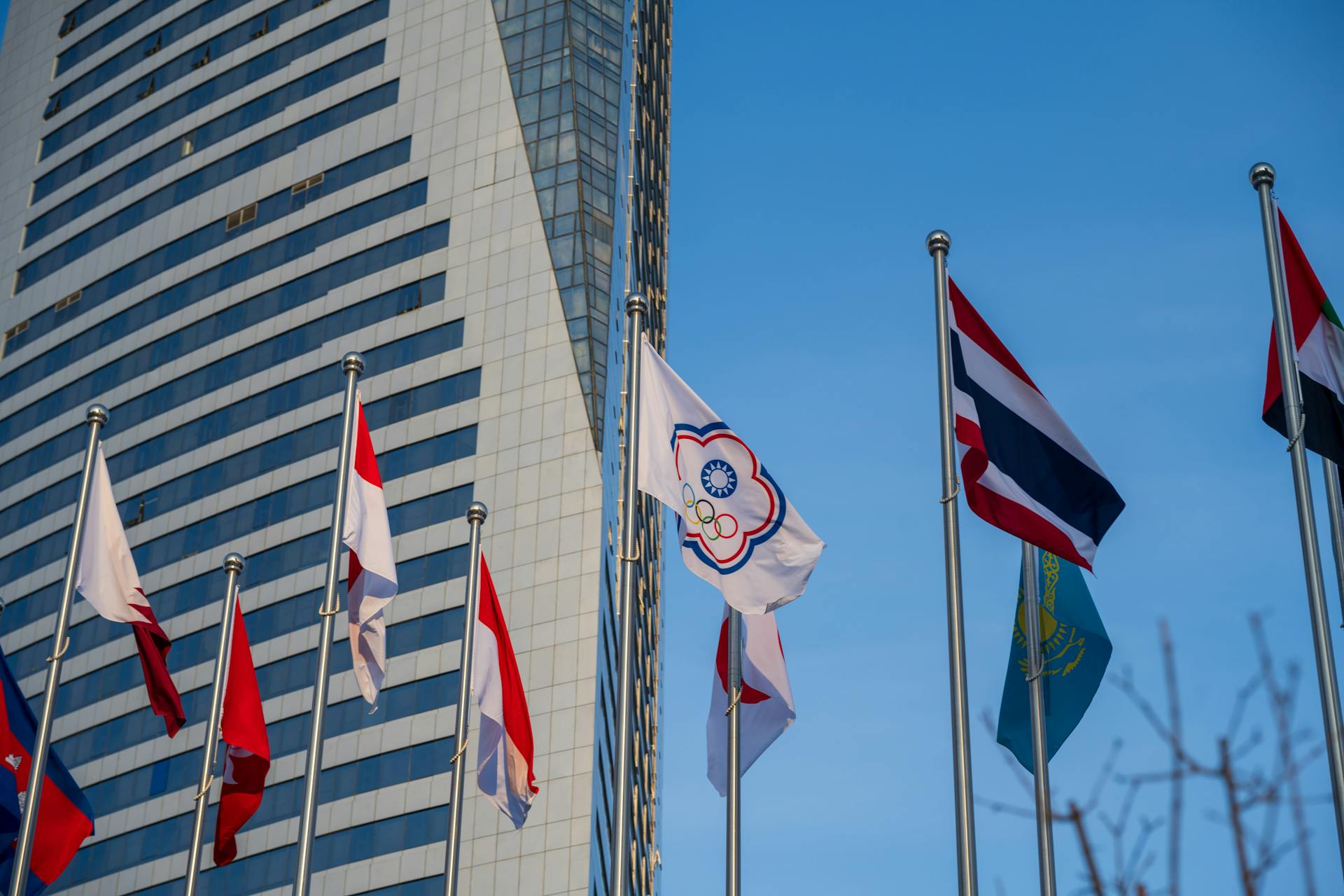A career as a diplomat is one of the most prestigious and rewarding paths for individuals passionate about international relations, politics, and global affairs. Diplomats represent their country abroad, negotiate treaties, promote trade and security, and foster diplomatic relations with other nations. If you aspire to become a diplomat, here is a step-by-step guide to help you achieve this goal.

1. Obtain the Right Education
A strong academic foundation is essential for a diplomatic career. Most diplomats hold a degree in international relations, political science, law, history, or economics. Some countries require additional specialization in foreign languages or regional studies. Pursuing a master’s degree in diplomacy, international affairs, or public administration can further enhance your qualifications.
2. Develop Strong Communication and Negotiation Skills
Diplomats must be effective communicators since their job involves negotiations, conflict resolution, and public speaking. To strengthen these skills, consider joining debate clubs, public speaking programs, or model UN conferences. Learning foreign languages is also a significant advantage, as it enables diplomats to communicate effectively with international counterparts.
3. Gain Experience Through Internships and Volunteering
Hands-on experience in government agencies, embassies, or international organizations can provide valuable insight into diplomacy. Look for internships with ministries of foreign affairs, embassies, the United Nations, or NGOs. Volunteering for international humanitarian projects or working with think tanks can also build your understanding of global issues.
4. Take the Diplomatic Service Exam
Many countries require aspiring diplomats to pass a foreign service exam or an equivalent qualification process. These exams often test candidates on topics such as international law, current affairs, history, and communication skills. Research the specific requirements of your country’s diplomatic service and prepare thoroughly for the exam.
5. Build a Network in the Field of Diplomacy
Networking is crucial in diplomacy. Attending international conferences, joining diplomatic associations, and participating in government-sponsored training programs can help you establish connections with experienced diplomats and policymakers.
6. Start Your Career in Foreign Service
Once you pass the required exams and training programs, you can begin your diplomatic career in entry-level roles such as foreign service officer, consular officer, or political analyst. With time and experience, you can advance to senior diplomatic positions like ambassador or ministerial advisor.
Conclusion
Becoming a diplomat requires dedication, education, and strong interpersonal skills. By following these steps—gaining the right education, developing communication skills, gaining practical experience, and passing diplomatic exams—you can build a successful career in diplomacy and play a key role in shaping international relations.

